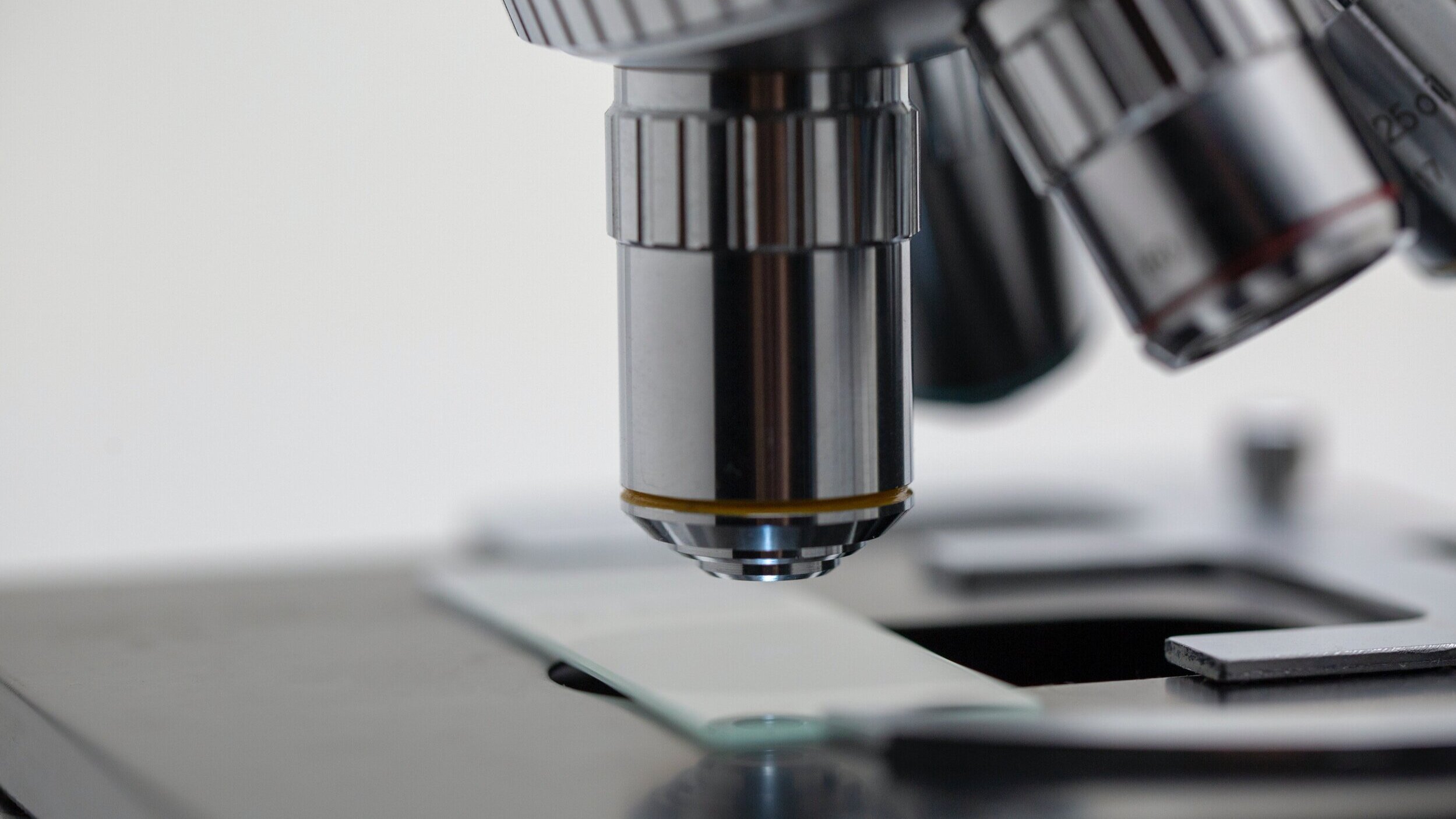
UCDI®Technology
CO2 as a source of lifestyle changing materials across many fields. That is the essence of UCDI® Technology.
UCDI® Hydrogen Bacteria harbor untapped potential to utilize energy derived from H2 to grow on CO2 as a substrate. UCDI® Technology is a proprietary fermentation technology that employs the catalytic power of UCDI® Hydrogen Bacteria to manufacture ingredients for application in lifestyle enriching materials.
UCDI® Technology promises tasty and nutritious processed foods, presents solutions for conserving global fisheries resources, and pursues 100% sustainable lifestyles through non-petroleum plastics, fuels and related materials spanning a wide breadth of industry.
The Promise of UCDI® Technology
Ingredients for appealing animal protein
UCDI® Technology employs UCDI® Hydrogen Bacteria to produce ingredients for appealing animal protein. The crude protein content*1of UCDI® Hydrogen Bacteria (83.8%) is markedly higher than that of fishmeal or typical microbes (50-60%).
In contrast to plant protein which lacks the full complement of essential amino acids*2 and is unable to sustain healthy living, animal protein can be an ideal nutritional ingredient that aids tissue regeneration and immune system modulation, among other functions, because it contains these essential amino acids.
In nutrition science the protein content in foodstuffs is estimated by multiplying the determined nitrogen content by 6.25. Other than proteins, amino acids, amines, ammonia, and other nitrogen-containing compounds are captured by this conversion hence the term crude protein content.
*2. Essential amino acids:
9 amino acids which cannot be synthesized in the bodies of humans and animals (out of a total of 20 amino acids protein building blocks).
Minimized risk of biological contamination and environmental burden
Whereas existing fermentation processes occur at around 30℃, UCDI® Hydrogen Bacteria have an optimum temperature of 52℃.
UCDI® Technology is premised on high temperature cultivation, implying a minimized risk of contamination and reduced environmental burden.
Outstanding growth rate apt for industrial production
The doubling time for UCDI® Hydrogen Bacteria*3 is about 1 hour. That is to say that 1 gram of UCDI® Hydrogen Bacteria can yield 16 tons of biomass in 24 hours. This is in line with the fastest doubling times in modern industrial bioprocesses.
Hydrogen bacteria are abundantly distributed on earth, going by the volume of reported discoveries from many countries. UCDI® Hydrogen Bacteria growth rate is exceptional among hydrogen bacteria and other third-generation carbon source bacteria.*4
This outstanding growth rate reflects the viability of UCDI® Technology for industrial scale production.
Time required for 1 cell to divide into 2
*4.Microorganisms for third-generation carbon sources:
The American bioindustry focused on inorganic CO2, CO and Biogas methane as ingredients amid the 2014 tumble in oil prices, emergence of SDGs promoting non-petroleum carbon sources not in competition with food/ feed resources. These are the principal ingredients for third-generation carbon source microorganisms.
Growth Independent Bioprocess
Growth Independent Bioprocess*5 is a technology for controlled shift of part of UCDI® Hydrogen Bacteria growth potential towards biocatalysis.
This is technology by which UCDI® Hydrogen Bacteria is genetically modified to suppress byproducts and to enhance the ability to produce desired chemicals, enables targeted production of various chemicals economically and stably. By way of this UCDI® Technology, we can play a part in moving the world towards a carbon- free society in various fields.
A technological concept by which controlled suppression of the growth potential of UCDI® Hydrogen Bacteria in order to elevate productivity of chemicals. Dr. Hideaki Yukawa, CEO of UCDI, pioneered this industrial technology based on research at Mitsubishi Chemical Company and Research Institute of Innovative Technology for the Earth (RITE) that cumulatively attracted 6.5 billion Yen in support from Japan Ministry of Trade and Industry (METI) and New Energy and Industrial Technology Development Organization (NEDO) between 1998 and 2010. He was recognized with a SIMB Fellow Award in 2011, the first Japanese recipient of the prestigious award.
CO2 Biocombinat®
CO2 Biocombinat® leverages idle capacity at existing oil industrial complexes (oil combinats) to realize savings in costs and time
Image is for illustration purposes.
Faced with intense competition in the midst of a shrinking market, domestic oil combinats are looking to scale down capital investments and share facilities, resulting in increased idle capacity.
On the premise of utilizing this idle capacity, plans for near-term industrial production mean big savings on startup equipment costs as well as fixed costs.







